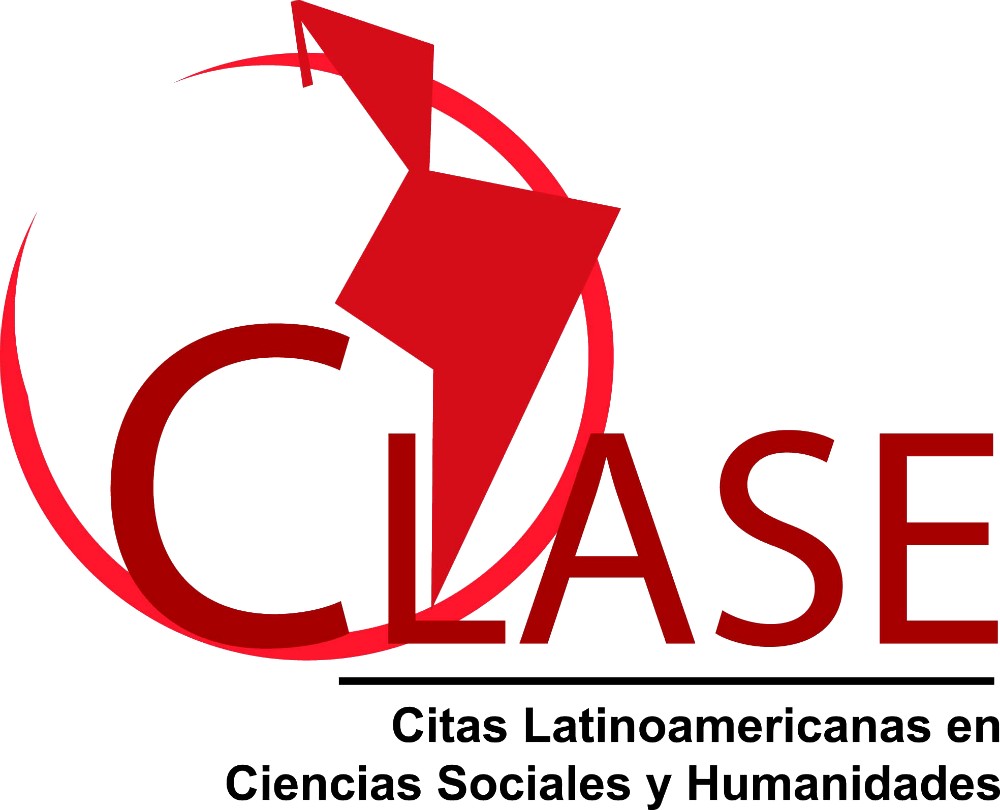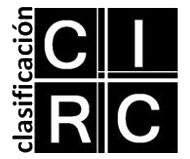Food traditions and migration. Representations about Korean cuisine in Buenos Aires
DOI:
https://doi.org/10.24215/16696581e036Keywords:
migration, food, cuisine, identity, Korea.Abstract
This article proposes a reflection on national cuisines, the representations associated with them and the ways in which they are used in the constructions of identities in migratory contexts. Specifically, we analyze the case of Korean migrants in Buenos Aires city, observing the senses associated with the "Korean" and "Argentinean" food traditions. National cuisines are historical constructions with certain anchoring in the collective memory and the past practices, which are reconstructed and updated in each context. We understand that, like identities, national cuisines are relational; they reconstruct their senses in relation to an "other". Thus, the sociohistorical processes that shaped them will be central, as well as the different discourses deployed in public policies, the media, and cultural industry products. And at the same time, in a migratory context like the one analyzed here, intercultural contact will intervene placing these representations in dialogue, conflict and tension.
Downloads
References
Álvarez, M. (2001). La cocina como patrimonio (in) tangible. Buenos Aires: Comisión para la preservación histórico cultural de la ciudad de Buenos Aires.
Arfuch, L. (comp.) (2002). Identidades, sujetos y subjetividades. Buenos Aires: Prometeo.
Avieli, N. (2005). Vietnamese New Year Rice Cakes: Iconic Festive Dishes and Contested National Identity. Ethnology, 44(2), 167-187.
Barth, F. (1976). Los grupos étnicos y sus fronteras. La organización social de las diferencias culturales. México D.F: Fondo de Cultura Económica.
Calvo, M. (1982). Migration et alimentation. Social Science Information, 21(3), 383-446.
Cho, H. S. (2007). Food and Nationalism: Kimchi and Korean National Identity. The Korean Journal of International Relations, 46(5), 208-228.
Delmonte, R. (2016). Restaurantes coreanos en la Ciudad de Buenos Aires. Comida, cultura e identidad en la diáspora. Sociedade e Cultura, Dossier temático “Comida e Cultura”, 18(1), 29-40
Delmonte, R. (2017). Espacios coreanos en la diáspora. Comer en las iglesias cristianas de la comunidad coreana en Buenos Aires. En de la Vega, L. (Comp). Actas VIII Congreso Nacional de ALADAA, Asociación Latinoamericana de Estudios de Asia y África. Lomas de Zamora, Argentina.
Fischler, C. (1995). El omnívoro. Barcelona: Anagrama.
Gimenez, G. (2009). Cultura, identidad y memoria. Materiales para una sociología de los procesos culturales en las franjas fronterizas. Frontera Norte, 21(41), 7-32.
Grimson, A. (2000). El puente que separó dos orillas. En Grimson, A. (ed.). Fronteras, naciones e identidades: la periferia como centro (pp. 201-230). Buenos Aires: CICCUS-La Crujía.
Grimson, A. (2011). Los límites de la cultura. Crítica de las teorías de la identidad. Buenos Aires: Siglo Veintiuno Editores.
Hall, S. (2011). ¿Quién necesita identidad? En Hall, S. y du Gay, P. (comp). Cuestiones de identidad cultural. Buenos Aires: Amorrortu.
Hobsbawm, E. y Ranger, T. (2002[1983]). La invención de la tradición. Barcelona: Crítica.
Janowski, M. (2012). Consuming Memories of Home in Constructing the Present and Imagining the Future. Food and Foodways: Explorations in the History and Culture of Human Nourishment, 20(3), 175-186.
Medina, X. (2003). Ciudad, etnicidad y alimentación. Restaurantes, tabernas y la construcción de territorios de identidad vascos en Barcelona. Zainak, 24, 835-846.
Mera, C. (2007). Globalización e identidades migrantes. Corea y su diáspora en la Argentina. (Tesis de Doctorado en Ciencias Sociales). Facultad de Ciencias Sociales, Universidad de Buenos Aires.
Mintz, S. W. (1997). Time, Sugar and Sweetness. En Counihan, C. Food and Culture: a Reader. London: Routledge.
Ongkowidjojo (2015). Enhancing competitive identity in global competition: A comparative study of gastrodiplomacy in Malaysia and South Korea. Jurnal Universitas Paramadina, 12(1).
Osetrava, M. (2010). Korean Cuisine and its Role in the Process of National Identity Making in Contemporary South Korea. Korean Studies in Shifted, Proceedings of the 10th Pacific Asian Conference on Korean Studies.
Pettid, M. (2008). Korean cuisine. An illustrated history. Londres: Reaktion Books.
Pham, M. J. (2013). Food as communication: A case study of South’s Koreas Gastrodiplomacy. Journal of International Service, 22(1), 1-22.
Ray, K. (2014). The migrant’s table. Meals and memories in Bengali-American Households. Philadelphia: Temple University Press.
Ricoeur, P. (1996[1990]). Sí mismo como otro. Mexico D.F.: Siglo XXI Editores.
Santos Luiz Brightwell, M. (2012). A Taste of Home? Food, Identity and Belonging among Brazilians in London. (Thesis submitted to the degree of Ph. D. Department of Geography). Royal Holloway, University of London.
Simmel, G. (1986[1910]). Sociología de la comida. En El individuo y la libertad. Ensayos de crítica de la cultura. Barcelona: Península.
Vázquez Medina, J. A. (2015). De la nostalgia culinaria a la identidad alimentaria transmigratoria: la preparación de alimentos en restaurantes mexicanos en Estados Unidos. (Tesis presentada para obtener el Doctorado en Alimentación y nutrición). Universidad de Barcelona.
Walraven, B. C. A. (2002). Bardot soup and Confucian’s meat: food and Korean identity in global context. En K. J. Cwiertka & B. C. A. Walraven (Eds.). Asian food: the global and the local (pp. 95-115). Honolulu: University of Hawai Press.
Young, R. O. (2005). Authenticity and representation: cuisines and identities in Korean-American diaspora. Postcolonial Studies, 8(1), 109-125.
Downloads
Additional Files
Published
How to Cite
Issue
Section
License
La aceptación de un original por parte de la revista implica la cesión no exclusiva de los derechos patrimoniales de los/as autores/as en favor del editor, quien permite la reutilización, luego de su edición (postprint), bajo una Licencia Creative Commons Atribución-NoComercial-CompartirIgual 4.0 Internacional (CC BY-NC-SA 4.0)
Acorde a estos términos, el material se puede compartir (copiar y redistribuir en cualquier medio o formato) y adaptar (remezclar, transformar y crear a partir del material otra obra), siempre que a) se cite la autoría y la fuente original de su publicación (revista y URL de la obra), b) no se use para fines comerciales y c) se mantengan los mismos términos de la licencia.
La cesión de derechos no exclusivos implica que luego de su edición (postprint) en Question las/os autoras/es pueden publicar su trabajo en cualquier idioma, medio y formato; en tales casos, se solicita que se consigne que el material fue publicado originalmente en esta revista.
Tal cesión supone, también, la autorización de los/as autores/as para que el trabajo sea cosechado por SEDICI, el repositorio institucional de la Universidad Nacional de La Plata, y sea difundido en las bases de datos que el equipo editorial considere adecuadas para incrementar la visibilidad de la publicación y de sus autores/as.
Asimismo, la revista incentiva a las/os autoras/es para que luego de su publicación en Question depositen sus producciones en otros repositorios institucionales y temáticos, bajo el principio de que ofrecer a la sociedad la producción científica y académica sin restricciones contribuye a un mayor intercambio del conocimiento global.















































